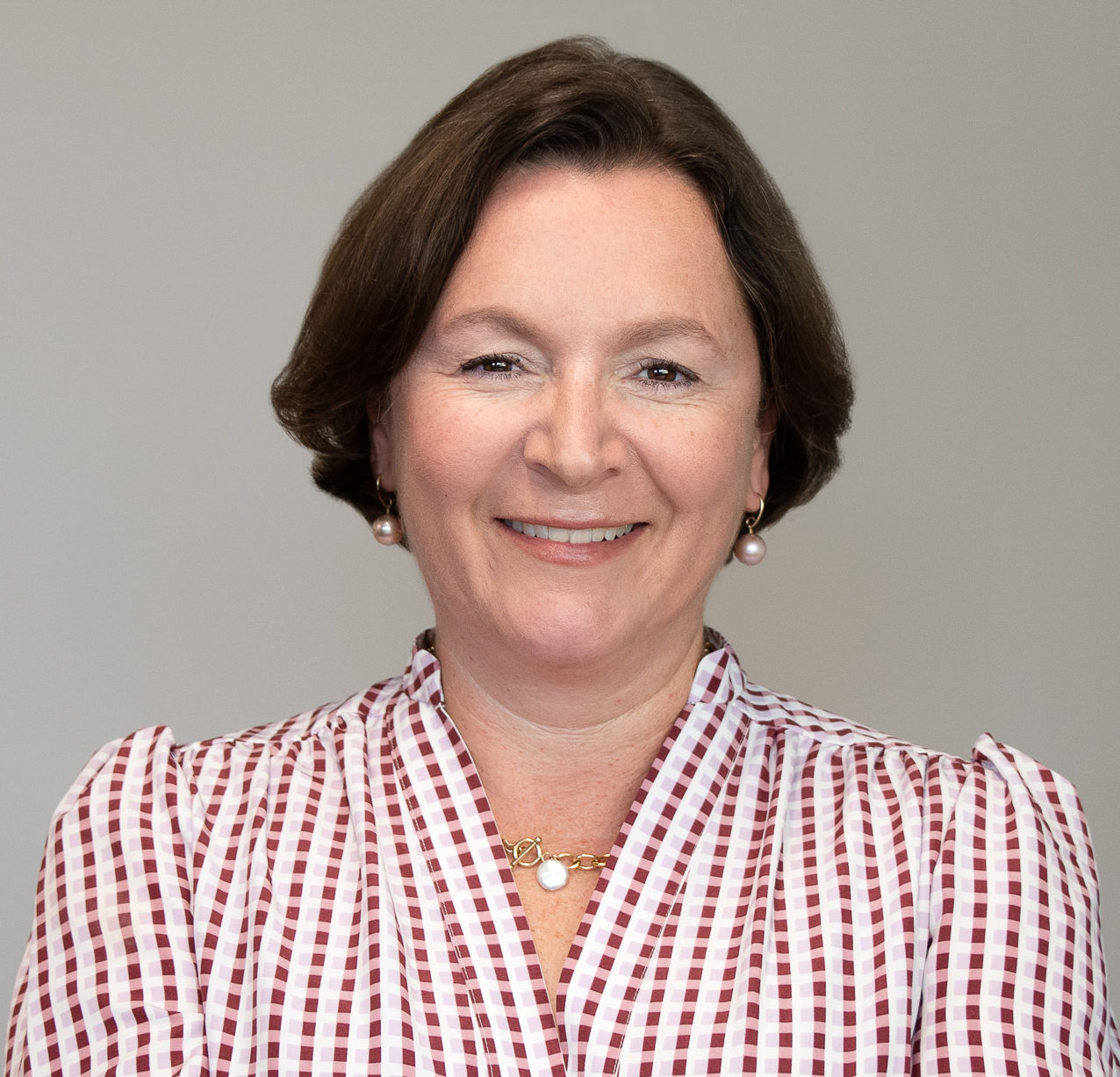Earthquake!
Early on July 7, 2014, I was awoken both by my husband telling me that there was an earthquake and by the rumbling and rolling I felt lying in bed. In the few seconds it took me to shake off the fog of sleep, I knew that I needed to get to my girls, asleep […]
Early on July 7, 2014, I was awoken both by my husband telling me that there was an earthquake and by the rumbling and rolling I felt lying in bed. In the few seconds it took me to shake off the fog of sleep, I knew that I needed to get to my girls, asleep in their bedroom downstairs. I leapt out of bed and tore downstairs watching one wall move left, the other wall move right, and the lights overhead move in some third direction.
I made it to the girls’ bedroom to find my oldest sound asleep (she woke up when I arrived) and my youngest sitting straight up in bed with eyes of wonder. Disaster protégé that she is, she said “Mommy, is this a tornado?” When I replied No, she said “Oh, this is an earthquake.” We waited quietly for what seemed like minutes. When the quake finally died down, our family of four met in the living room, dazed, and trying to make sense of what had happened. We opened up our computers and began to look up earthquake tracker sites. In minutes, we learned that a 6.9 earthquake had struck southern Mexico, reaching south into Guatemala (where we are currently vacationing and working remotely).
My family doesn’t have a “living in Guatemala” disaster plan, and so the earthquake triggered a number of feelings and questions for me. Here is a sampling of the many various thoughts (in no particular order!) that have gone through my mind since the quake struck:
- I should have stayed put! As stated by the Red Cross, if you are “inside when the shaking starts… Drop, Cover, and Hold.” I’ll admit that my Mama instincts pulled me downstairs!
- Have a plan – wherever you go, whenever you go – have a plan. Know who to call, where to meet, and have your emergency kit stocked and ready. It’s not always easy to have a plan when you’re in an unfamiliar place, but perhaps it is even more important when you are far from you’re usual support network!
- The Richter Scale — the tool used to measure earthquakes is a logarithmic scale – which roughly means that a 6.9 quake is not just a notch above a 6.0, but rather, it is exponentially more devastating.
- Haiti — When thinking about the Richter Scale, I couldn’t help but think about the earthquake that struck Haiti in 2010. It was a 7.0, just a smidge above the earthquake I experienced, and yet it wreaked incalculable damage across an already-weak state. Recovery is still in play in Haiti, and will most certainly be for years.
I had an email exchange with Bob, CDP’s President, whereby I alluded to how scary and disturbing the quake was. He revealed to me that he had been in three quakes: Tokyo, Seattle, and Washington. In his words, earthquakes are “primeval, because they appear without warning, they can’t be seen, and there is no escaping.” This being my first quake experience, I think I’ll adopt Bob’s sentiments here!
After a week of vacation in Guatemala, I was ready to wake up on Monday morning ready to get back to my desk – finalizing our grants from the Haiyan Fund, working on our major initiatives, and working on some long-term projects that have been on my list. I feel as if this quake must be my call to get back to work!
I’ll close this blog with a moment of thanks and quiet– thanks that this earthquake caused no damage to my family or the community I’ll call home for the month, and quiet for the lives that were lost, homes that were damaged, and people who were injured.
